Leaving Plague Island
Life in Britain today is tough. If only I'd known sooner, then I could have cut back on my consumption of Starbucks and avocados.
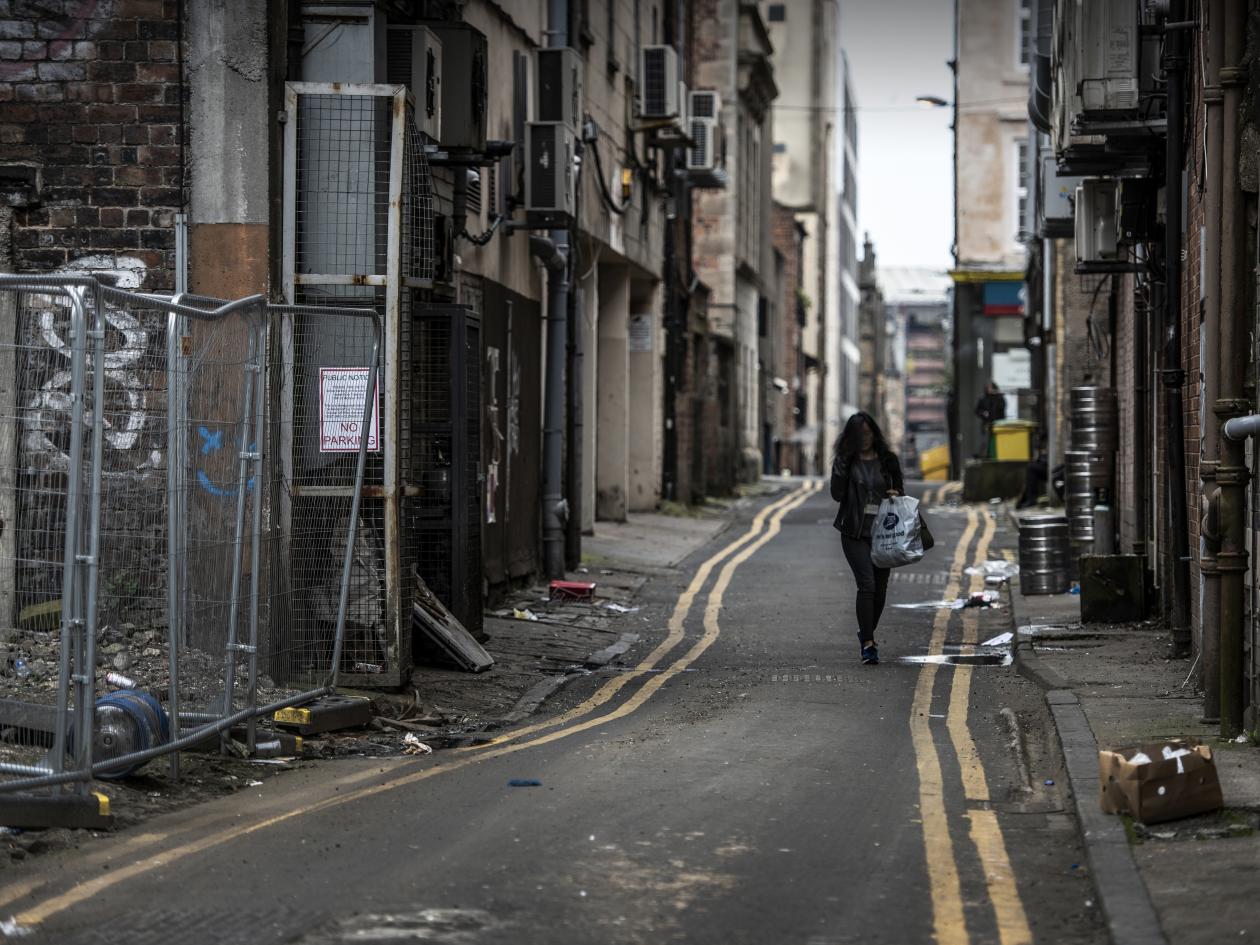
Life in Britain today is tough. If only I'd known sooner, then I could have cut back on my consumption of Starbucks and avocados and avoided such hardship entirely. I'm such a stereotypical Millennial, after all. I've frittered everything away, so much so that my dreams of a prosperous life in Britain are just unachievable.
That would be the entirety of this blog if I took as gospel the thinking of libertarian, right-wing commentators. The economic challenges facing our generation are – they repeatedly state – entirely self-inflicted: the result of careless and frivolous spending where generations before were shrewd savers who bought nothing. It is revisionist history at its finest.
Let me tell you my experience on the week I turn 33.
I went to university in October 2008, two weeks after Lehman Brothers declared bankruptcy. Their collapse was the starting pistol in the global financial crash. Throughout my time at secondary school, in the halcyon days of 2000 to 2008, we had been instilled with a sterling sense of aspiration: work hard, and you can be whatever you want to be. We were told that society was meritocratic.
University was the next step in this journey to success. Having achieved good grades, I left home for England to get a good degree at Durham. In defence of the staff at my school, for the previous decade (longer than a good chunk of my teachers had been in the profession) much of society had been progressing linearly with solid, steady improvements. In terms of wage growth, bar a few blips along the way, society in Britain had been on the up since the end of the Second World War.
Tony Blair's Labour government from 1997 to 2007 focused on improving standards and was considered to be a time of giddy optimism. It was all I had ever really known. Although I remembered John Major, I had little awareness of the nuances of the economy and politics at age 7.
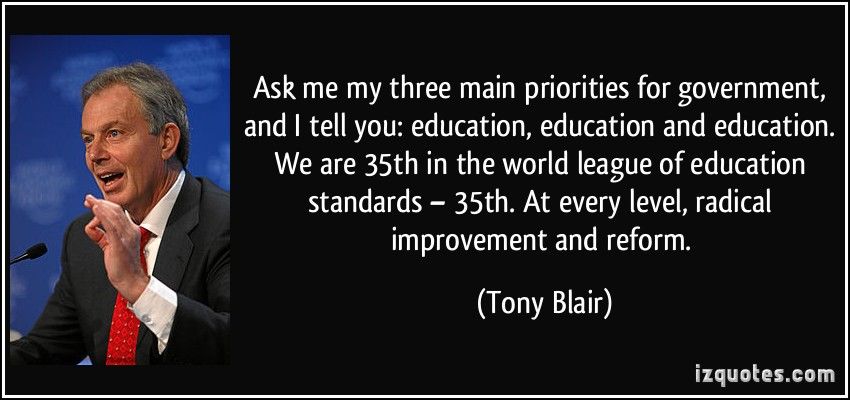
Blair's government introduced the minimum wage, opened the door to devolved governments in Scotland and Wales, and helped bring peace to Northern Ireland. NHS waiting times decreased. Living standards improved. Money was poured into higher and further education, with billions more flowing into the health service. Everywhere statistics were advancing positively and results were improving. Simply, the quality of life was improving.
It seemed to me at the time that life was a progression: a steady rise from A to B. The government worked – flawed though it might be – for the good of the populace. I never assumed it was a "done deal" that simply existing would lead to personal improvements. I was told if I worked hard, if I strove to be better, then I could – in effect – ride on the coattails of that wave. If I put work in and contributed, I would be rewarded.
How naive of me.
I graduated from Durham in 2012, having completed a Masters in Medieval History. I walked into a jobs market and country reeling from the aftershocks of the Great Recession and being sliced apart by Conservative Party austerity.
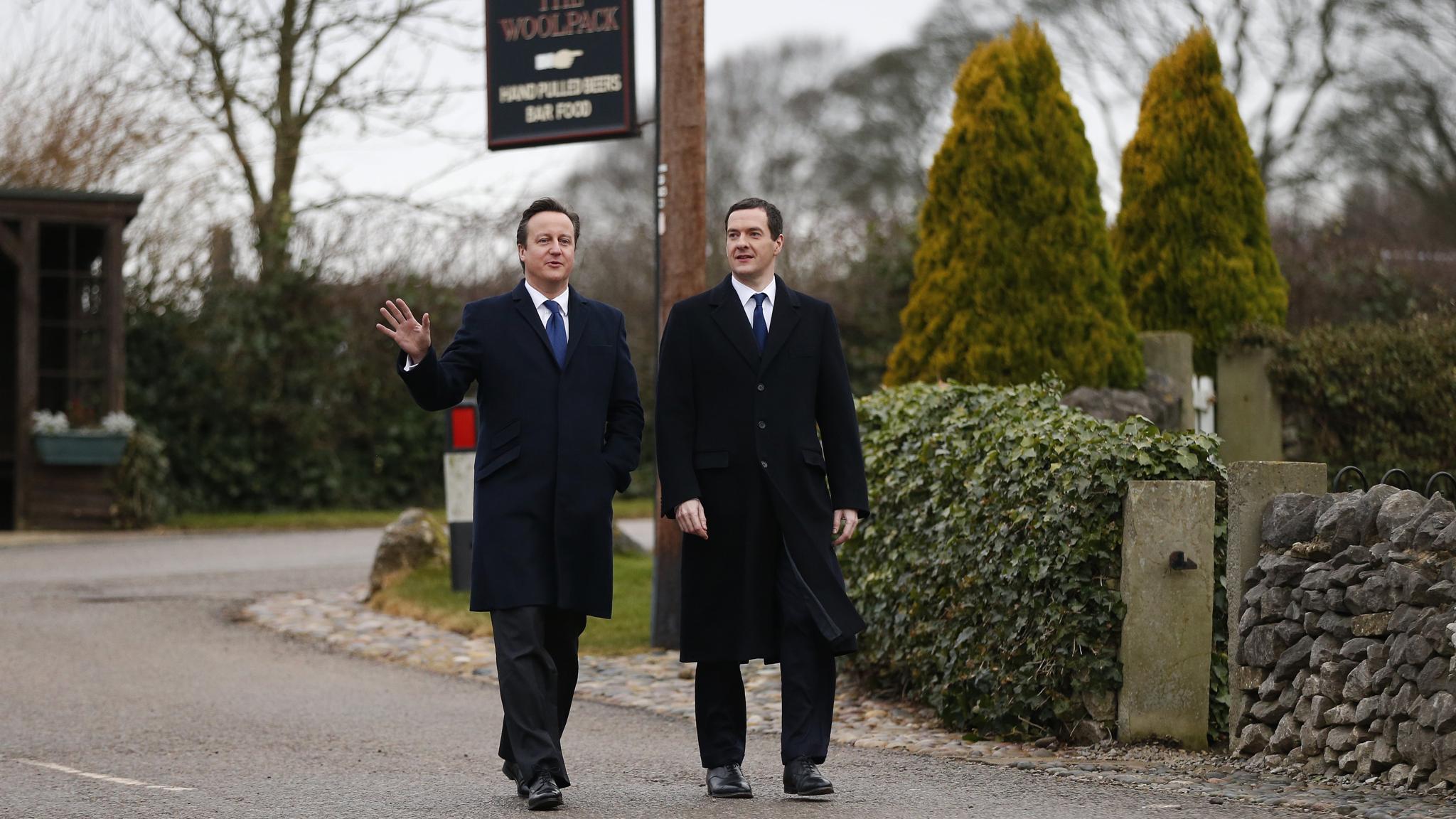
Now, as a disclaimer, I should point out that there may be an element of a shielded, spoiled child emerging from the shelter of full-time education and seeing the big, wide world for the first time. It's a new experience, there was always going to be a period of adjustment. It is not, however, a case of an entitled millennial getting a degree and thinking the world owes them a living. Far from it. I was prepared to work hard – I couldn't wait to get started.
When I left home in 2008 the average house price in the UK was around £165,000. The average wage back then was around £450 a week. Today, the average house price is £296,000 and the average wage is just above £600 a week. In other words, since I left home, the price of houses has increased by 80% and wages by about 30%, in only about 15 years.
Now, humour me for a moment, and compare this to my parents' generation. My parents bought their home sometime around 1985. At that time the average wage was around £170 per week. The average home was worth £30,463. So in other words, a house was worth 3.4X the average salary.
Putting this change since then into perspective, it's most simply shown below:
- 1985: A house was 3.4x the average salary.
- 2008: A house was 7x the average salary.
- 2022: A house is 9.5x the average salary.
Even on what I consider to be a healthy income, and living in one of the cheapest areas of the country, it is very difficult to buy a nice home. The houses that I and my friends at school grew up in are completely out of reach, despite our parents having bought them at around my age and often on much lower-paid jobs.
In terms of housing at least, the aspiration I was taught at school has turned out to be nonsense: the drawbridge steadily raised the closer I moved toward it.
Perhaps that's just a consequence of the insanity of the UK housing market, everything else might have improved. Right?
Wrong.
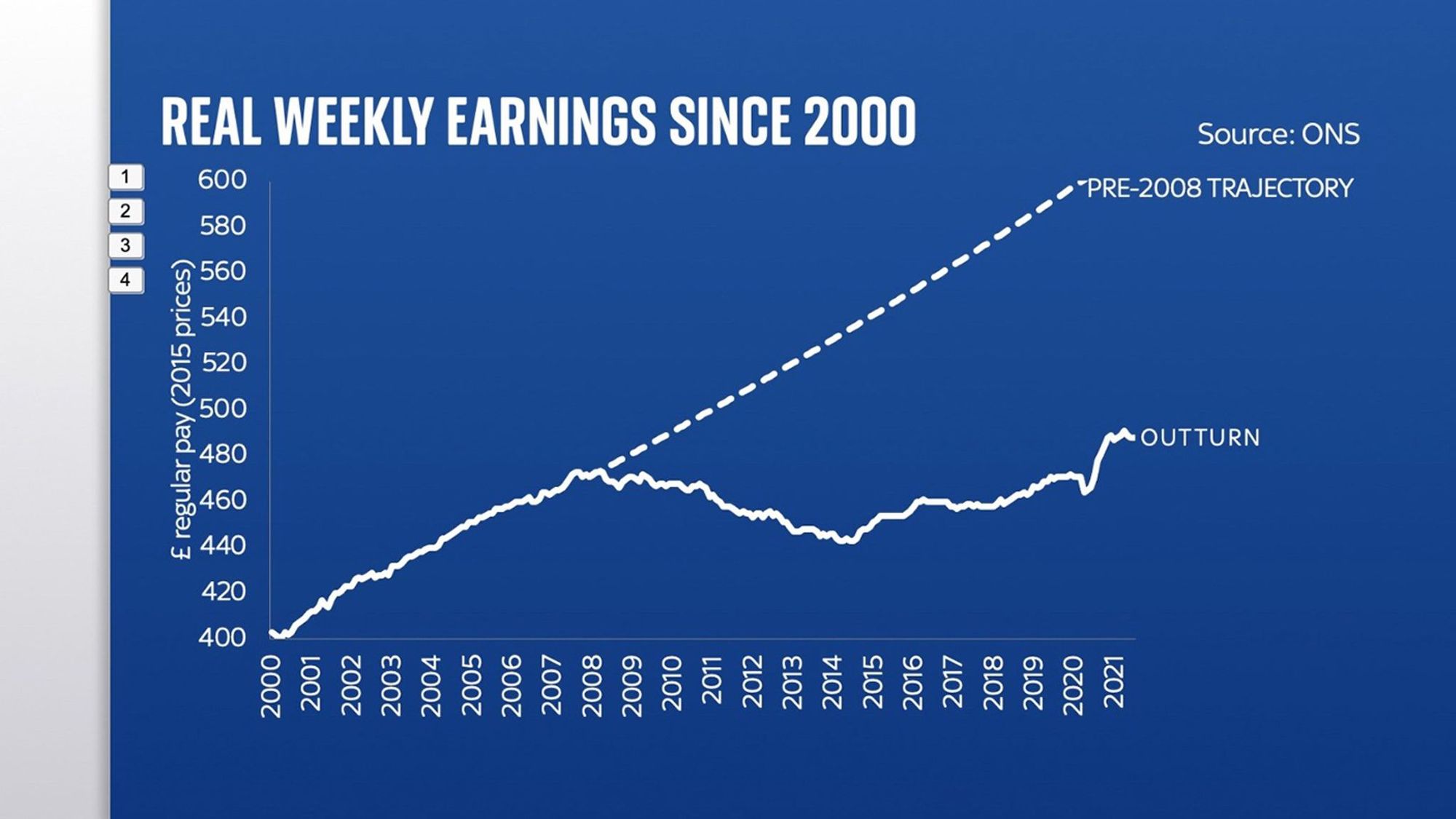
Effectively, as soon as I went to university, real weekly earnings (adjusting for inflation) stopped increasing. They have, in the last year or so, increased a bit above where they were in 2008, but inflation in 2022 will likely have dragged that right back down again.
The takeaway from this is that over the last decade, there has been no real terms growth in wages in Britain compared to 2008, whilst costs for things like mortgages and housing have gone through the roof. Incredibly, they're only 83% of where they were forecast to be when I left home.
Add this to a backdrop of huge public service cuts and you find a country where the quality of living and disposable incomes of normal families have fallen through the floor. Life expectancy has stopped increasing. Living standards are declining at the fastest rate since the 1950s.
The sheer insanity of all of this hit me in the face a few months ago. Having taken out a five-year fixed-term mortgage in 2018 in an attempt to offset the economic uncertainty caused by Brexit, I was reminded that this was coming to an end in January. With interest rates soaring, I enquired as to what my new rate would be.
I discovered that no one other than my current lender would lend to me. Against a backdrop of rising interest rates, affordability criteria had been tightened up, and my student loan repayments were eating into my income too much for other lenders to look at me. I couldn't count any income from my fiancée because it isn't viewed as "proper income". The result was that my 3-bed semi-detached home in Middlesbrough was likely to increase in cost by 50%.
Now, before any Four Yorkshiremen wannabees chirp up and say, "Well, we had it really tough. Interest rates in 1980 were 14.2%!" it is important to remember something very important. High interest rates back then were bad, yes, but they were on a proportionally much smaller amount of debt.
I'll let Sky's Ed Conway explain.
So for instance, take 1980. Back then, official BoE interest rates were on average 14.2%.
— Ed Conway (@EdConwaySky) September 22, 2022
But because people were much less heavily indebted, because their incomes were much higher vs their repayments, that was, in affordability terms, EQUIVALENT to 3% in today’s interest rates. pic.twitter.com/1CvoEZbBeF
So a 14.2% interest rate in 1980 would be equivalent to 3% today in real terms. My current forecast renewal rate with Leeds Building Society is nearly 6%. To understand the impact of that, now imagine your 1980s interest at closer to 30%. Bloody avocados.
So, housing is a mess and wages haven't kept up with inflation. There must be other areas of society that are improving? Well, as is well documented, we can rule out the affordability of gas and electricity. But more widely our entire society is in a state of slow collapse. The Telegraph revealed last month that 85% of public leisure companies face closing some or all of their facilities in the next six months. Around 60 public sector swimming pools have already shut since 2019.
Even the Great British pub – a quintessential symbol of British culture – has been decimated, with 7,000 (around 15%) closing in the last decade.
The annual Good Childhood report in 2019 found that childhood happiness had fallen to its lowest level in a decade, with more than 200,000 children unhappy with their lives.
Amidst this backdrop of general malaise, I should state very clearly now that I know I am a lucky person. I have a good wage, a wonderful fiancée and I do own a house. There are countless millions in this country alone less fortunate than me. I can only imagine the hardship and anxiety that's facing them at the moment.
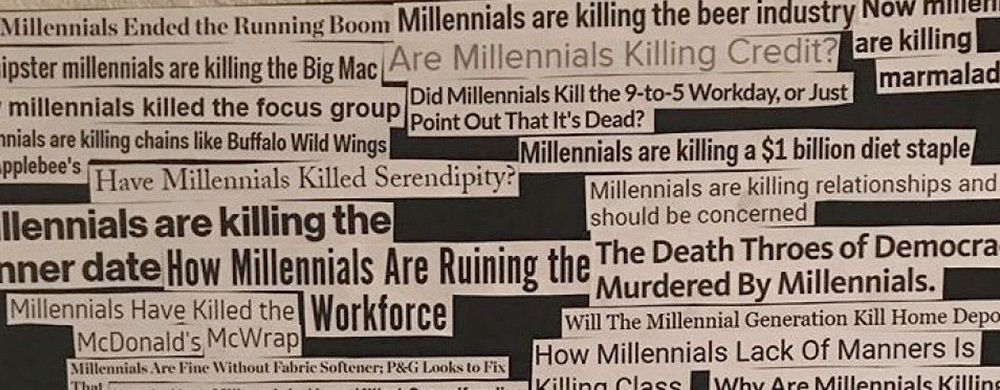
It's endlessly tiring to hear the same rubbish spouted in the media about work-shy millennials eating too many avocados or having too many takeaways. It's lazy stereotyping that wilfully ignores decades of economic momentum, external factors, and government policies that have made aspiration next to impossible in Britain today. If there was a shred of credibility that eating out was eating up disposable income, you'd imagine the pub sector wouldn't be on the brink of disaster.
It's also hugely demoralising to have spent the last decade striving and working my backside off to be able to afford less than I could back then thanks to a struggling economy, rising inflation and housing shortages. Yes, inflation is currently a global issue, but our shortage of energy storage is the fault of the Conservative Party who, in the words of The Spectator, "have fuelled Britain's energy crisis". It is the Tories who have failed to meaningful invest in council housing. And it is the Tories who wasted billions of pounds in public funds on a dysfunctional Track and Trace app.
As an aside (and to demonstrate how rubbish that app is) my fiancée and I got Covid separately about five months apart. We were in close proximity to one another in the same household for a week on both occasions. We reported our positive tests to Track and Trace and both had the app set to active.
Neither of us got a notification.
Anyway, leaving that incompetence aside, I would contend that my generation has graduated from the school of very hard knocks. We emerged from education straight into the Great Recession and a nightmarish jobs market. A few years of semi-recovery later, the Conservative Party and UKIP shot everyone in the foot by calling the Brexit referendum and then tricking people into voting to become wilfully poorer in 2016. Brexit has since cut UK GDP by 4% and cost billions of pounds in trade, investment, and tax revenues. In economic terms that is enormous. There is less to buy in the supermarkets, and what is there costs more.
Remember that my generation did not vote for this. It was our future that was taken out the back, stripped down for parts, and handed back to us in pieces.
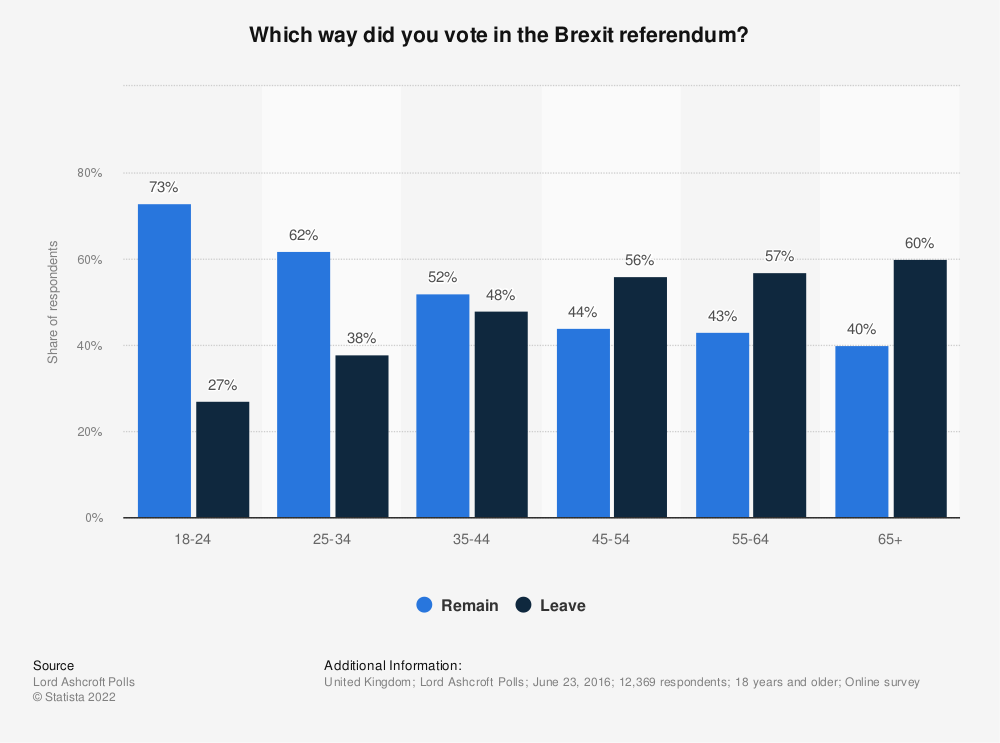
And because Brexit wasn't quite painful enough, you then had the Covid-19 pandemic a few months later. It was a good thing we had leaders of integrity and conviction in charge to lead us by example through that terrifying period.
Oh.
Cut to 2022, and the Russian invasion of Ukraine sends prices rocketing. Fuel is through the roof. My partner and I have cut down on traveling at weekends as a result. On a trip around the supermarkets yesterday, we commented on several of our normal household essentials (detergent, deodorant, meal deals etc.) having increased by between 20% to 50% in a matter of weeks.
The politicians who have presided over all of this are polling at record lows, but won't let the country have a say. Instead, we are all supposed to hail the potential triumphant return of that rotund blonde windbag Boris Johnson. Once again, the light at the end of the tunnel turns out to be an oncoming train.
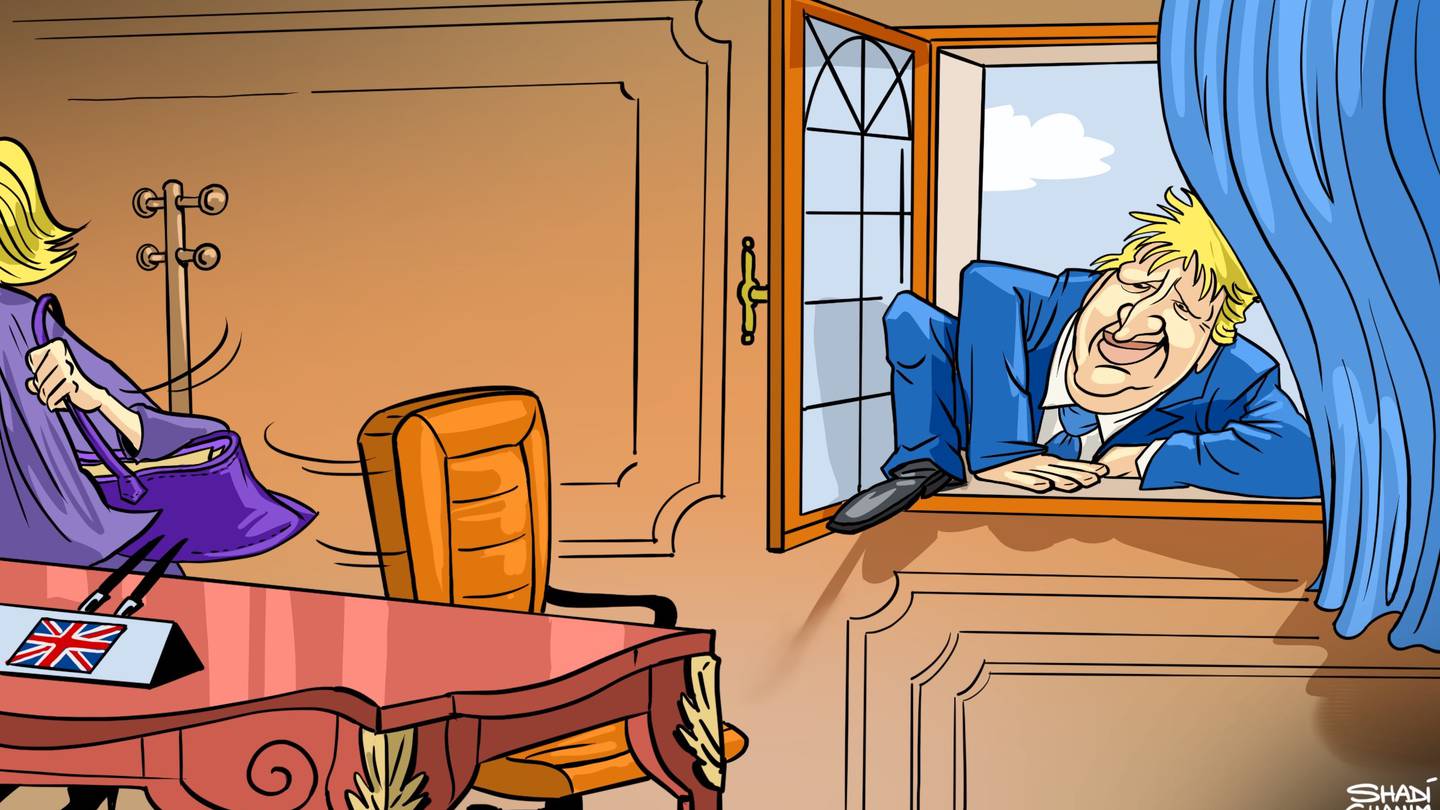
In the time it's taken me to write this blog, Boris Johnson was going to stand, then he was dropping out, and now he's standing again. He had the numbers, then he didn't, and now he might. Knowing our country, he'll be in Downing Street this time on Tuesday. It's a prospect too bleak to think about.
So, to hell with this. Perhaps it really is time to leave Plague Island and relocate to somewhere more sensible. Somewhere where Victorian aristocracy cosplayers aren't the Business Secretary. Somewhere where serial sexual deviants and proven liars aren't able to swan back into power on a whim. Somewhere where there's a genuine aspiration to improve the country.
We're awaiting final details on Spain's Startup Act. It's suggested that their Digital Nomad Visa may roll out in January 2023 – the same month my mortgage gets Kwartenged. All being well, and with the help of supportive employers, we will leave the UK next year and set up shop in Madrid. The Startup Act, by the way, is designed to "encourage immigration" – a phrase which would lead to immediate expulsion from the current Conservative government.
For the same price as a 3-bed semi-detached house in Middlesbrough, we could have a city centre penthouse in the Spanish capital. Instead of not being able to afford to drive around Middlesbrough, we can travel throughout the whole city for €50 a month. We can move to and work in a country with some of the best healthcare in the world. In comparison, there are currently no spaces for adults to register at an NHS dentist in Middlesbrough.
Ultimately, we could move from here:
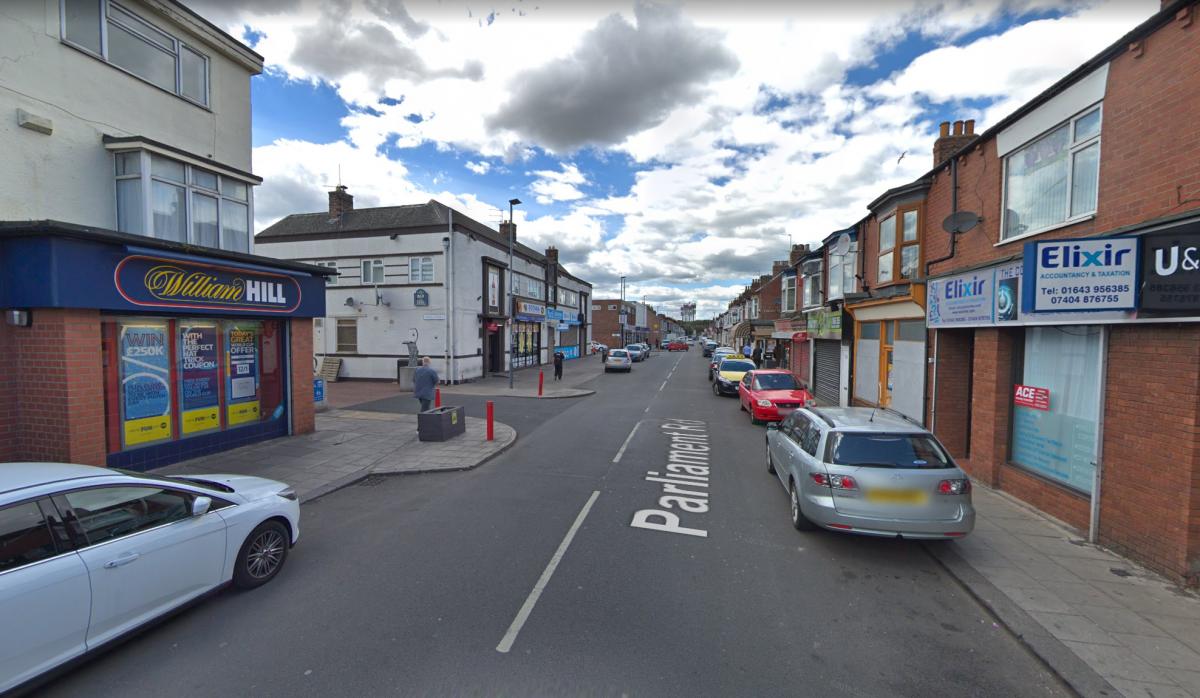
To here:
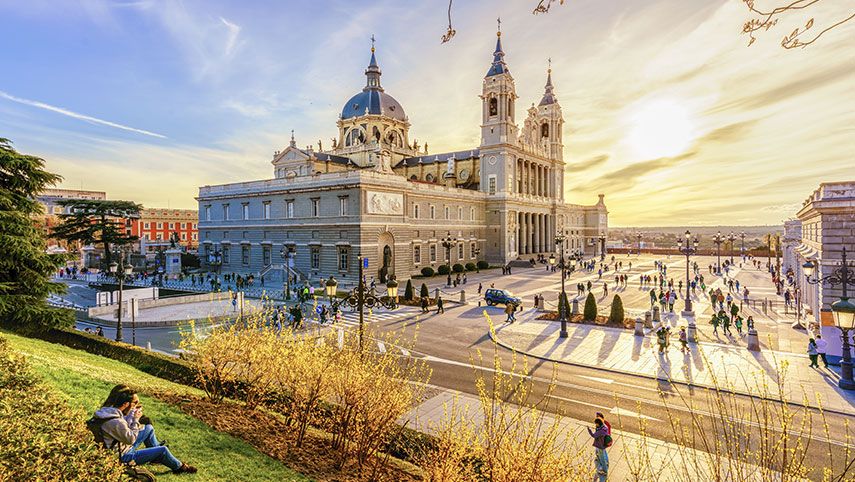
It's not just the housing either. A domestic beer in the Spanish capital will set you back £3, instead of £6 in London. A cappuccino would be £1.87, instead of £3.26. A monthly travel pass? £47.61 instead of £154.72 in London.
If we were to settle there for longer, monthly child care for one child is £425 instead of £1,518.
The entire escapade could have been scuppered by Brexit and had it not been for the Startups Act and the progressive thinking of the Spanish government then it may have been nearly impossible for Anna and me to move there at all. I do still hold an EU passport through Ireland, but she does not, and marriage does not entitle her to an Irish passport.
There must be more to living than the current situation in the United Kingdom. There must be more to look forward to than the never-ending circus of Conservative Party melodrama, endless financial crises, and continually declining standards of living.
And for the record, I don't even like avocados.

